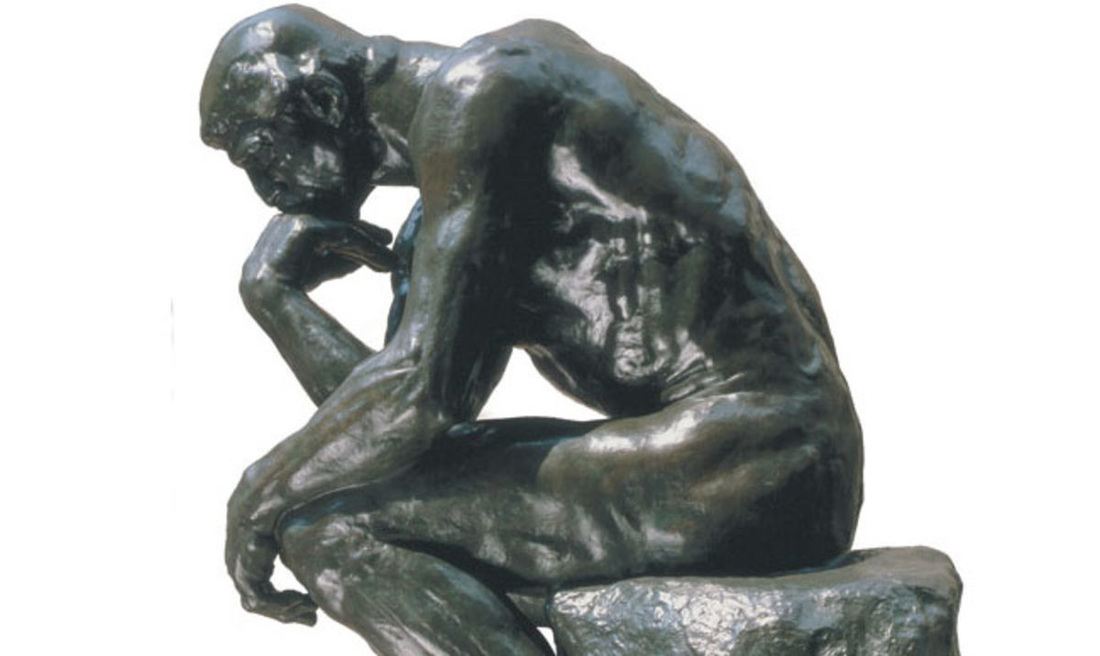|
CLARE VAN BALEN Online only - 31 October 2016 Last week I interviewed for an internship at Judicial College. The College provides education to judges, magistrates and VCAT members about social issues so that they can do their jobs with rigour and community confidence. Desperate to not finish my JD without practical experience and keen to knock down 12.5 credit points over Summer, I turned up at the interview in my workiest work clothes, and the usual anxiety-induced clamminess. After going through security, I sat down to the dreaded interrogation. After some pretty easy questions, they asked me to give an example of an assessment I’d worked on in the JD from which I’d learnt something new. After about 5 seconds of low key panic and buying time with something like “oh that’s an interesting question”, I heard myself start to talk about my LT essay! Of all my learnings – principles of interpretation, the PER thing, the doctrines – I chose the least practical subject to talk about. Before I could stop myself, I was explaining Robert Cover’s martyr metaphor and how adjudication takes place in a field of pain and death. How taken I was with Patricia Williams’ reconceptualization of property and legal personality: not owning gold but being owned by a luminous golden spirit. They asked me what my argument was. I thought, I’ve already stuffed this us, so with reckless abandon I went on. Well, I argued that judges repress their personal opinions when adjudicating, so a narrative martyrdom takes place when entering judicial office. The interviewers looked at me blankly. That’s an interesting take, they said.
I’ve blown it, I thought. I nearly got up to leave and apologise for wasting their time. But to my surprise, the male interviewer looked up from his questions and pondered: I wonder if you could say the same thing about commercial lawyers? From there we had a genuine and interesting chat about the nature of practice and obligations of office. It was great but, as I left, I was certain I wouldn’t get the placement. Unfortunately, this speaks to the common, yet impoverished, view of LT at MLS. Its vague, it’s wanky, it’s useless. Not true! Ok, maybe the first accusation is true… And the second is pretty valid as well. But it’s definitely NOT useless! Here’s why… 1. Not everyone is on a path to legal practice The JD is a qualifying degree and I too enrolled to acquire the practical skills needed for practice. But I’m not alone when I say I’m also interested in academia. Further, many students are interested in law’s social and historical contexts, and will one day apply their theoretical learnings in thoughtful and vital ways. So, why not make LT an elective? Totally valid call. But surely, if I have to suffer Corporations and Torts – which I am 100% not interested in – then surely we can get through LT. Also, some argue that to be a competent lawyer you could probably do an apprenticeship instead of a $100,000+ 3-year degree. This whole course is a compromise between theory and practical training. 2. A little self-reflection never hurt anybody Law doesn’t happen in a vacuum. Many people will come before, be protected by, and judged by the law. Yet we are the ones who will advocate for them, reform in their names and even enforce the law against them. We’ve all read judgments we thought were ludicrous, hyper-rational or inappropriate. A little self-reflection on our (powerful) place in society is not just a good thing, it’s vital if we are the ones who will shape the normative world. So, long from now when you’re reflecting back on your time in first year, hopefully you’ll remember something from LT that stayed with you. To think deeply about what we are all doing with our lives here on Pelham Street is definitely not useless. P.S. I start the internship in January. Clare van Balen is a first-year JD student
Oliver
31/10/2016 08:41:59 pm
We cannot all be Descartes or Kant, but we all want happiness. And happiness, I am sure from having known many successful men, cannot be won simply by being counsel for great corporations and having an income of fifty thousand dollars. An intellect great enough to win the prize needs other food besides success. The remoter and more general aspects of the law are those which give it universal interest. It is through them that you not only become a great master in your calling, but connect your subject with the universe and catch an echo of the infinite, a glimpse of its unfathomable process, a hint of the universal law.
Hilary
8/11/2016 07:51:23 am
You know what Clare, I'm totally with you. Comments are closed.
|
Archives
October 2022
|



